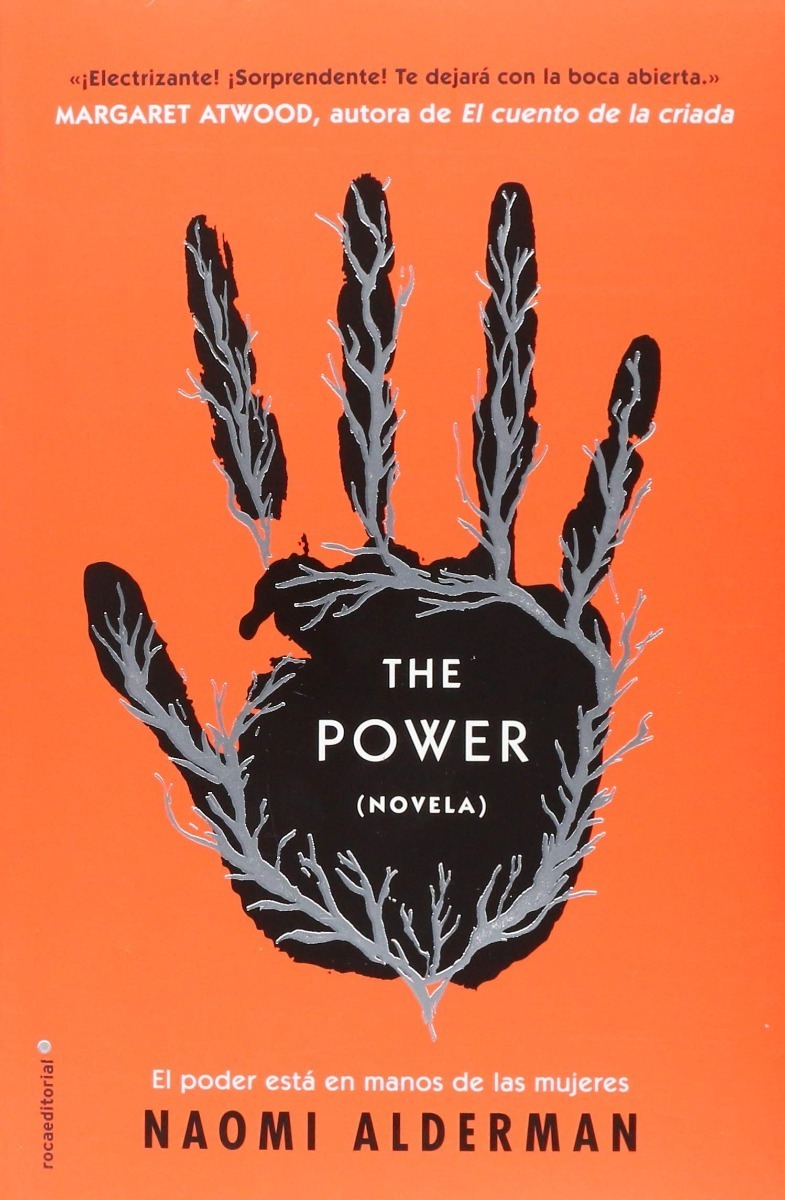

Tunde is a 21-year-old student in Nigeria, the only man in the group, who begins to document instances of women using the power with his video camera. In the book’s first scene, she’s locked in a cupboard while her mother is tortured by enemies of her father. Roxy, 14 at the beginning of the novel, is the illegitimate daughter of a British crime lord. What might a world look like in which women are the ones to be feared? The Power charts 10 years leading up to a mysterious moment in the near future, through the experiences of four primary characters. As she flees, she regrets not stealing a knife from the kitchen for her journey, until she “remembers-and the thought makes her laugh-that aside from cutting her dinner she really has no need for a knife, no need at all.” A foster kid in South Carolina electrocutes her rapist guardian to death. A London teenager watching her mother being beaten brings the attacker to his knees. A 15-year-old girl in Lagos who’s being harassed by an older man in a supermarket reduces him to a thrashing, crying heap.

This new power, as it reverberates throughout cultures across the world, changes everything. In her world, a story-within-a-story that’s presented as historical fiction, teenage girls discover that they can generate electricity from their hands at will. The brilliance of The Power, an award-winning speculative-fiction work by Naomi Alderman only now being released in the U.S., is that it conceives of a way to flip this power dynamic entirely upside down. Women are afraid that men will kill them.” As the adage often attributed to Margaret Atwood goes, “Men are afraid that women will laugh at them. They also have to imagine what it’s like to sense the imminent danger in those interactions-to be weaker than their aggressor in every way, and to have that weakness woven into the fabric of society itself. To understand what it’s like for a woman to be catcalled, or harassed, or propositioned, it isn’t enough for men to simply put themselves in that woman’s place. But it gets at the fundamental imbalance of power that characterizes relationships between men and women. One of the most succinct definitions of sexual harassment I’ve read over the past few weeks goes like this: For men, it’s anything they might say to a woman that would make them uncomfortable if it were said to them, but in prison.


 0 kommentar(er)
0 kommentar(er)
